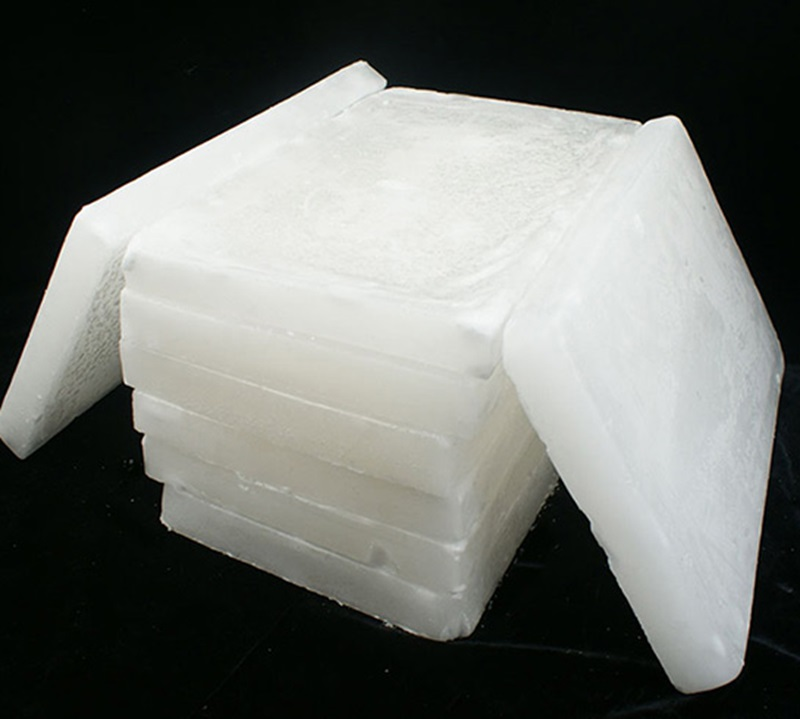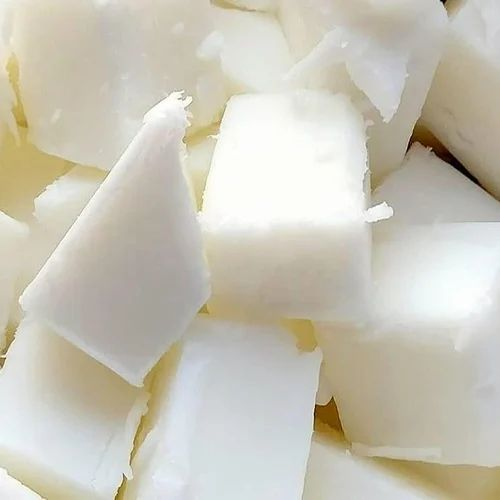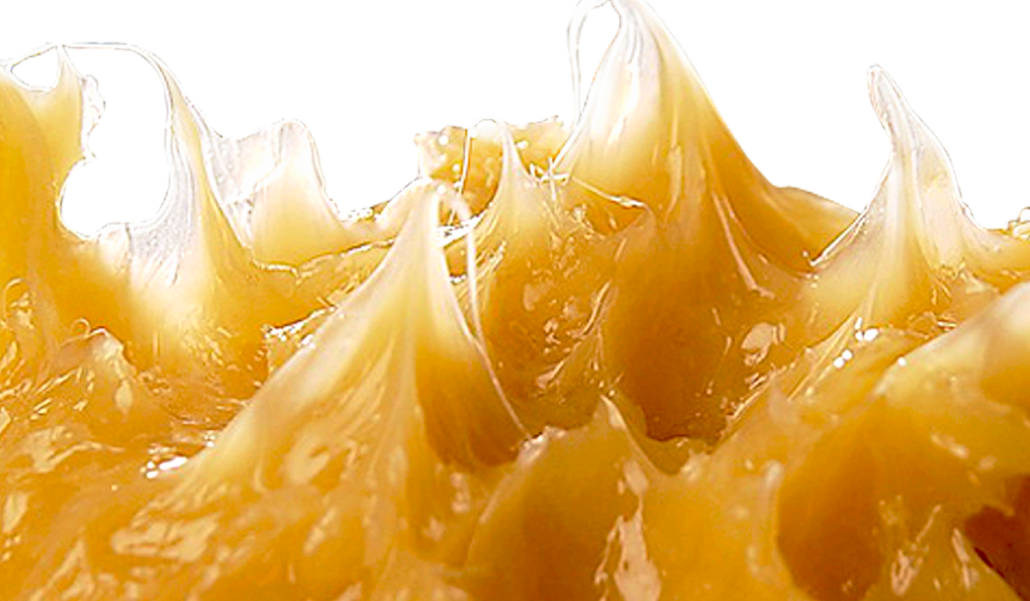Use of Gilsonite in Oil and Gas Drilling | Benefits & Applications
Use of Gilsonite for Oil and Gas Drilling Gilsonite, also known as natural asphalt or uintaite, is a naturally occurring solid hydrocarbon with exceptional sealing and bonding properties. In the oil and gas industry, Gilsonite is widely used as a drilling fluid additive to control lost circulation, stabilize wellbores, and improve drilling performance, particularly in … Read more








